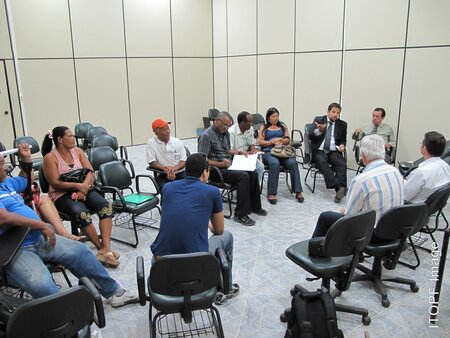The International law regarding ship-source pollution liability and compensation: Evolution and current challenges (2017)
21 September 2017

Paper by Pauline Marchand
International Oil Spill Conference 2017, Long Beach, California, 15-18 May 2017
The year 2017 marks a milestone in the history of the international law regarding ship-source pollution liability and compensation, established and strengthened over the last 50 years into what is today considered as a comprehensive and uniform regime. The principles that underpin this regime are the result of compromises between States and industry, lessons learned from past incidents and have been adhered to by the vast majority of countries in the world, denoting the success of the regime.
The premises of this comprehensive regime were developed in the context of major tanker spills and strengthened over time to adapt the regime to the constant evolution of shipping trends. The main legal instruments addressing spills of persistent oil from tankers include the 1992 International Convention on Civil Liability for Oil Pollution Damage (1992 CLC), the 1992 International Convention on the Establishment of an International Fund for Compensation for Oil Pollution Damage (1992 Fund Convention) and the 2003 Protocol to the International Convention on the Establishment of an International Fund for Compensation for Oil Pollution Damage 1992 (2003 Supplementary Fund). Recognising the risks associated with bunker spills, the maritime industry enhanced the spectrum by adopting the 2001 International Convention on Civil Liability for Bunker Oil Pollution Damage governing oil pollution damage arising out of spills from the bunkers of ships (Bunker Convention), filling a major gap in a comprehensive international liability and compensation regime for shipsource pollution.
Categories: Compensation, Papers
